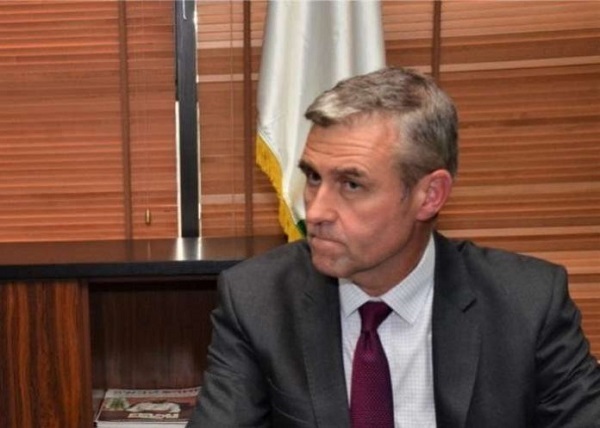Mr. Mike Sangster
Managing Director and Chairman of Total Upstream Companies in Nigeria, Mike Sangster said that PIB is an opportunity that will help Nigeria develop its abundant oil and gas resources as the world moves to energy transition.
Sangster made the call on Wednesday during a panel session at the opening ceremony of the 5th Edition of the Sub-Saharan African International Petroleum Exhibition and Conference.
Sangster said the world was gradually moving towards renewable energy in line with the Paris Agreement of Climate Change, noting that Total had set a target to be carbon neutral by 2050.
He disclosed that Total would in the next few weeks change from an international Oil Company to an International Energy Company in furtherance of this objective.
According to him, the company has been investing $3 billion annually on renewable energy across the world as it moves to maximise its global presence to transition into a key player in the sector.
Sangster said the electricity sector in Nigeria was challenging, stressing that there was need for stability to encourage investors.
He, however, noted that despite the push toward renewable energy, fossil fuels would continue to play a huge role in the energy mix in the years to come.
Sangster maintained that Nigeria, with its abundant oil and gas resources, could utilise this window for economic development through the passage of the Petroleum Industry Bill currently before the National Assembly.
“PIB is the opportunity to put this right to help Nigeria develop its abundant oil and gas resources as the world moves to energy transition,” he said.
Sangster said that gas also had a key role to play in reducing carbon emissions, stressing that this was another opportunity for Nigeria which had declared 2021 to 2030 as the Decade of Gas.
He said Total had been supportive of the Nigerian Government in its quest to boost gas utilisation and was currently involved in the multi-billion dollar Nigerian Liquefied Natural Gas (NLNG) Train 7 project.
Sangster said the IOC was also supplying gas to power and fertiliser plants and had deployed drone technology and other innovations to reduce gas flaring and carbon emissions in the country.


Comment here